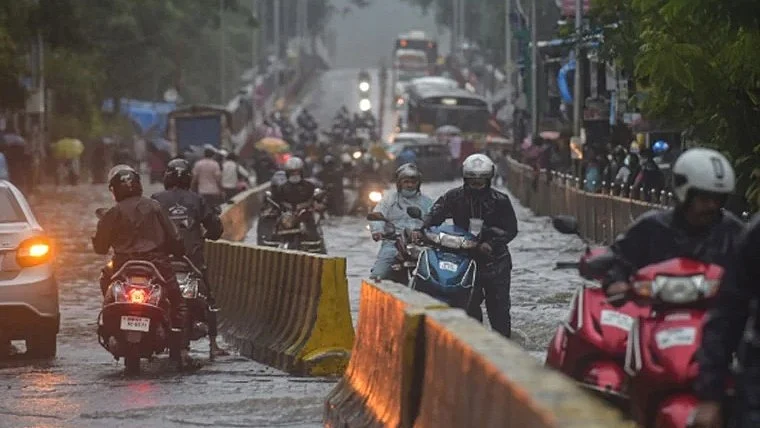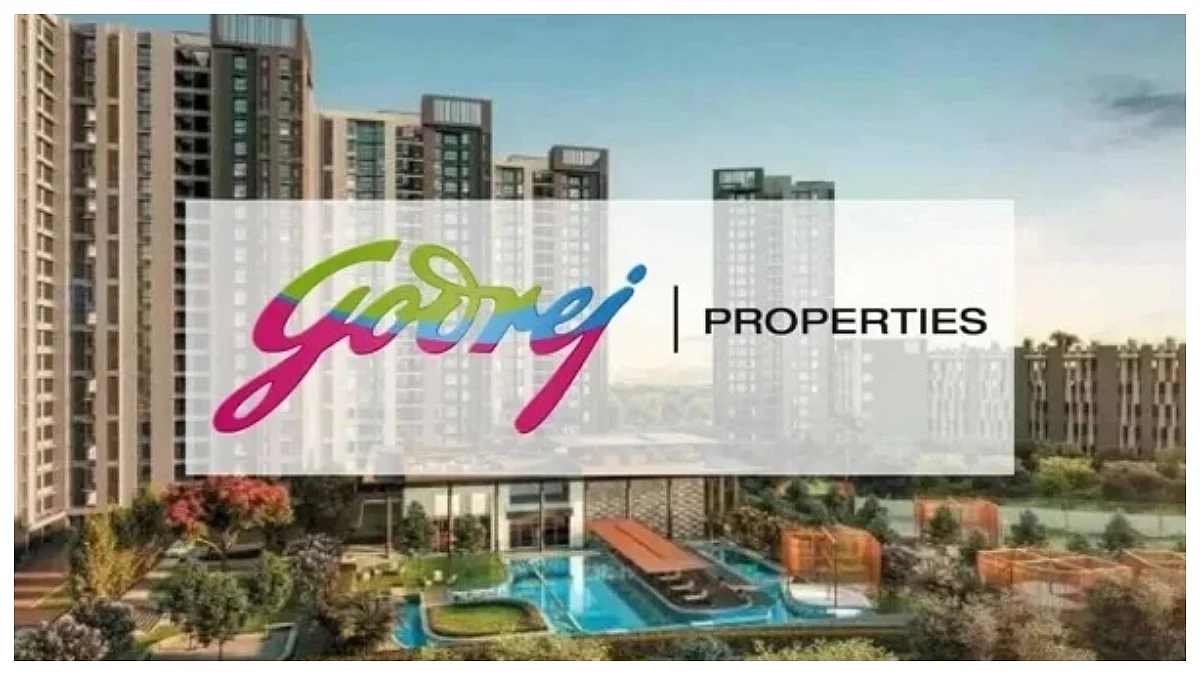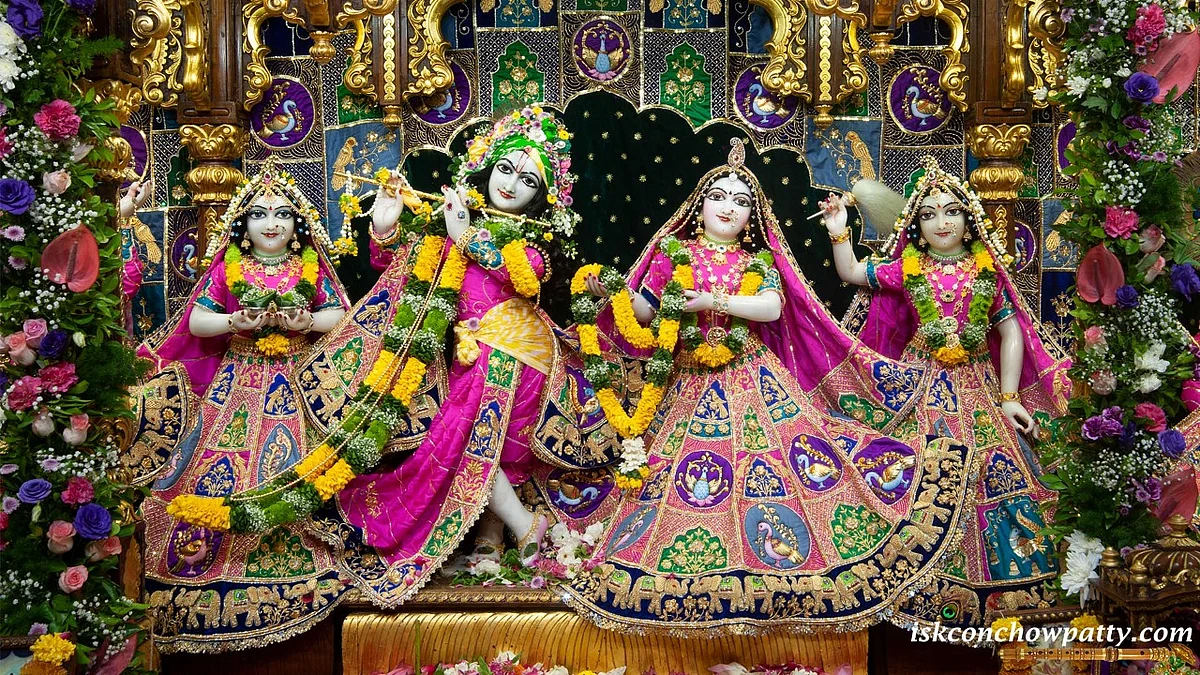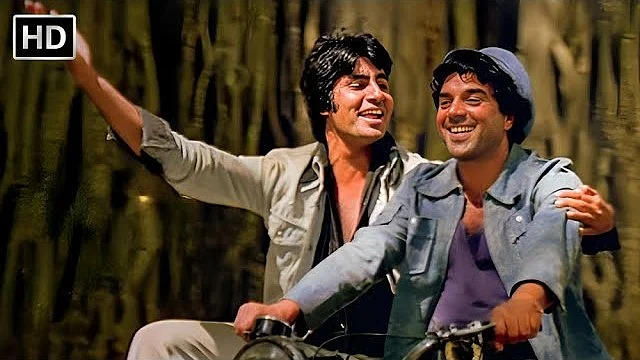The suspension of 146 Opposition MPs during the Winter Session of Parliament raises uncomfortable questions about our dysfunctioning democracy. Apart from the largely ornamental, over-structured, under-powered local governments, the State Assemblies and Lok Sabha are the only Houses elected by us, the people. All power vested in every single authority is derived from these Houses directly or indirectly, and our national sovereignty and democratic legitimacy are vested in them.
Our Parliaments sits on fewer days (about 68 days per year) than in other democracies (UK: 140-150 days; US: 120-150 days; Japan: 150 days, Canada 127 days, Germany: 104 days, New Zealand: 93 day). Only Australia (65 days/year) is comparable to India. The Indian Parliament sits only for six hours per day when in session, (UK: 8 hours), and 13-37% of time is lost to disruptions. In other democracies, disruption are rare and almost unheard of. States deal with real matters of governance affecting daily lives of citizens. And yet, State Assemblies fare far worse than Lok Sabha. They sit for an average of 21-25 days in a year, usually five hours per day; much of the time is lost in disruptions, legislation is hurried through (often several bills introduced and enacted on the same day, with perfunctory discussion for a few minutes), and Budget proposals are approved without debate.
Clearly, our legislatures can do better. Right now there are only two provisions of the Constitution that are strictly adhered to in letter, and in respect of everything else legislatures are perfunctory. Article 75(3) necessitates the support of majority of Lok Sabha for a government s survival, and Article 85(1) mandates that the gap between two sessions shall be less than six months. Similar provisions under Articles 164(2) and 174 (1) apply to State Assemblies: The Constitution mandates that the laws should be enacted and Budget should be approved by these Houses. Our legislatures are mechanically adhering to the these provisions with very little of the spirit of democracy, reasoned debate, and reconciliation of conflicting interests.
Meaningful debate and resolution of conflicting interests is possible on occasion when party leaders allow it (eg: Lok Pal Bill in December, 2011; GST Bills in March, 2017). On most occasions the debate is wilfully thwarted by the leaders of major parties for their own partisan interests and political games. The Westminster model of government fuses executive with legislature and is inherently inimical to true separation of powers. In our model, the government controls all legislation as its legislative majority is critical for survival of government, and government s survival is often critical for legislature to complete its term. This model necessarily promotes party loyalty at the cost of good governance and healthy democracy. The first-past-the post system we adopted accentuates this blind loyalty to party and polarisation; in contrast, when the legislatures are elected by proportional representation as in continental Europe, there is greater harmony and willingness to reconcile conflicting interests and find a negotiated middle path.
Mature democracies instituted practices and traditions that promoted parliamentary autonomy and reasoned debate despite fusion of executive with legislature. In India over the years we moved in the exact opposite direction and thwarted legislative autonomy, reasoned debate and reconciliation. Five factors have greatly contributed this dysfunctionality of legislatures. First, parties have become autocratic with the leader or high command having all the power over the legislator s political future. Absence of internal democracy guaranteed that elected legislators cease to be sentinels of public good, and become slaves and blind loyalists to party leaders. Any sign of independence of a legislator means they have no political future as their nomination for elective office is in the leader's hands. Second, this tendency of leader above party, and party above nation has been sanctified by the anti-defection provisions incorporated. Parliament and state legislatures are now converted into some kind of Loya Jirgas where debate has no meaning and nobody is open to persuasion on fact or logic. The Ramaswami impeachment case (1993) and Muslim Women’s Act (1986) are good examples of the disastrous consequences of party diktats binding on members voting in the House on pain of disqualification. As a result, blind support or opposition to any Bill or Budget without any regard to merits on fact and logic has become the norm. The failure of the 64th Amendment Bill on local governments in 1989, and the sensible farm laws (2020-2021) are examples of vital legislation thwarted by blind opposition.
Third, the weak, or virtually non-existent Committee System has reduced most legislative debate into superficial, highly partisan grandstanding. As Woodrow Wilson said, "Congress (Parliament) in session is Congress on exhibition; Congress in Committees is Congress at work.
Fourth, deliberate marginalisation of local governments completely transformed legislators role into local advocates and disguised executives: they are expected to nurture the constituency all the time, and focus on local service delivery without the statutory power. Finally, the increasing illegitimate expenditure in elections to induce voters made legislators influence-peddlers looking out for opportunities to amass wealth and raise money for elections all the time. As a result, a system of plutocracy and kleptocracy has come into place in most parts of the country.
Vilification of parties and legislators and moralising will not improve things. We need to address the causes of legislative decline. Despite all the noise and dysfunctionality, we are still a strong, real and robust democracy. We need honest introspection and systemic solutions to strengthen our legislatures.
The author is the founder of Lok Satta movement and Foundation for Democratic Reforms. Email: drjploksatta@gmail.com/ Twitter@jp_loksatta










